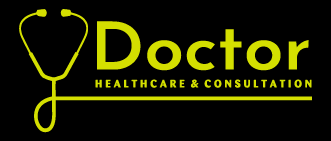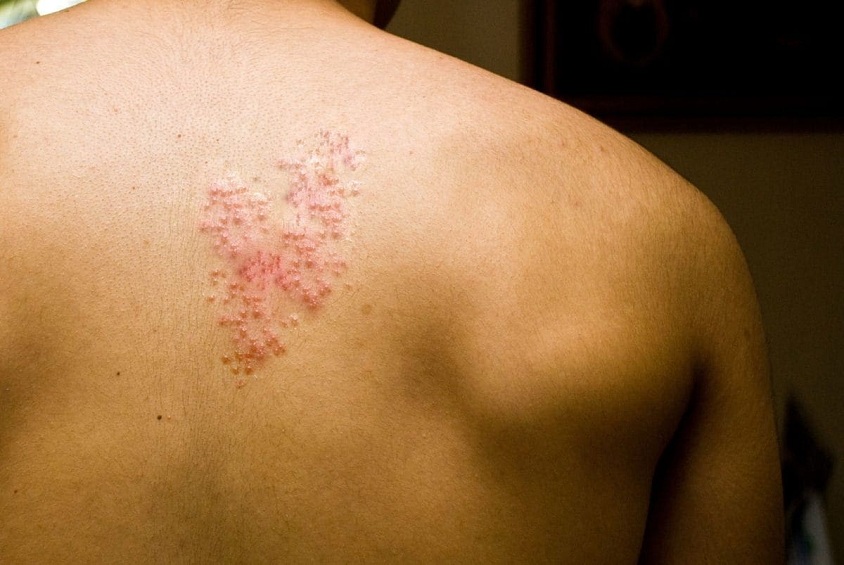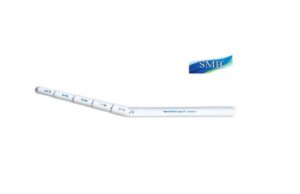Shingles, caused by the varicella-zoster virus (VZV), can be a painful and debilitating condition, especially for older adults. Understanding the key aspects of shingles is crucial for both healthcare providers and the general public.
Here are five important things everyone should know about shingles:
Age Increases the Risk:
The risk of getting shingles is closely tied to age. As the immune system weakens over time, the chances of shingles virus reactivation increase. If an individual has had chickenpox in the past, even if they don’t remember it, they are at risk for shingles.
Epidemiological studies show that 1 in 3 people will get shingles in their lifetime, typically after age 50. The risk of complications rises with age, and for those aged 70 and older, about 1 in 1000 cases can be fatal.
Early Treatment Matters:
Shingles can be effectively treated with antiviral medications like acyclovir, valacyclovir, and famciclovir. However, early intervention is crucial. Treatment is most effective within 3 days of symptom onset. These antivirals not only fasten the resolution of lesions but also reduce the development of new lesions, viral shedding, and the severity of acute pain. Early diagnosis and treatment are especially crucial to prevent potential complications like progressive corneal involvement and vision loss.
Risk of Postherpetic Neuralgia (PHN):
The risk of postherpetic neuralgia (PHN), persistent pain in the area where the rash was, increases with age. PHN can last for months or even years, affecting 10% to 18% of those who get shingles. Other complications may include hearing or vision loss (if eye or ear dermatomes are involved), encephalitis (brain inflammation), and pneumonia. Awareness of these potential complications highlights the importance of early intervention.
Shingles Vaccination is Crucial:
Recommending the Shingrix vaccine is a powerful tool in preventing shingles and its complications. Two doses of Shingrix provide strong protection against shingles virus and PHN. Healthcare providers should strongly recommend the vaccine to patients aged 50 and older and those with weakened immune systems due to disease or therapy. Shingrix vaccines are widely available in India, and talk to a provider to know more about the disease and its prevention.
Immunocompromised Individuals are at High Risk:
Immunocompromised individuals, including those with conditions like cancer, HIV, organ transplant recipients, or those on immunosuppressive medications, face a higher risk of developing shingles and related complications. About 30% of hospitalized shingles cases involve immunocompromised individuals. Shingrix is now recommended for immunocompromised adults aged 19 and older, providing a critical preventive measure. Ideally, vaccination should occur before immunosuppression, but if that’s not possible, timing vaccination when the immune response is likely to be strongest is essential.
Being informed about shingles and its preventive measures is essential for individuals and healthcare providers. By understanding the risks, promoting early intervention, and recommending vaccination, individuals can work towards reducing the impact of shingles and improving the overall well-being of communities.



